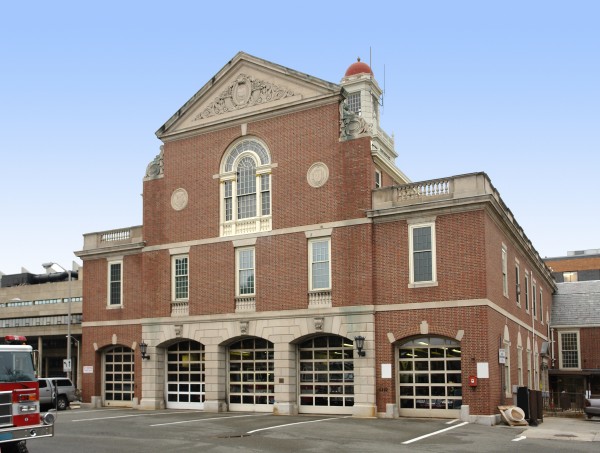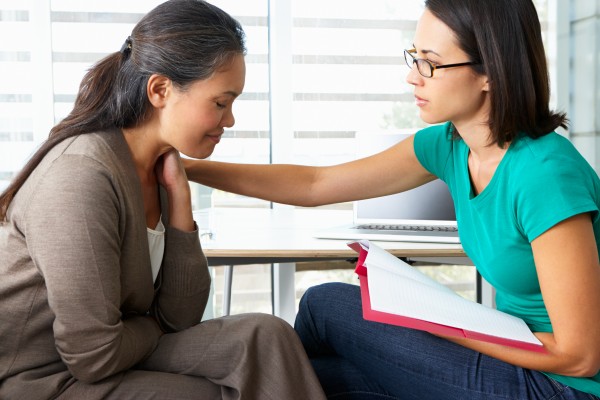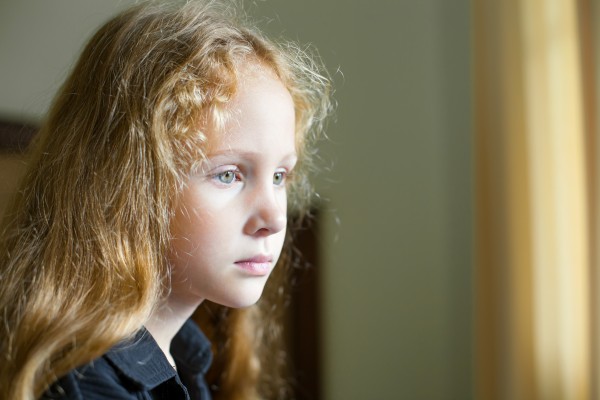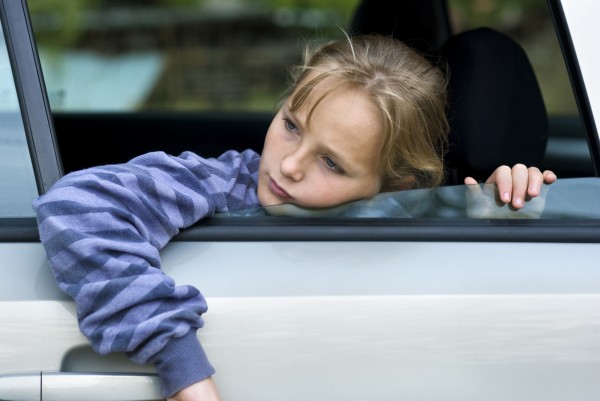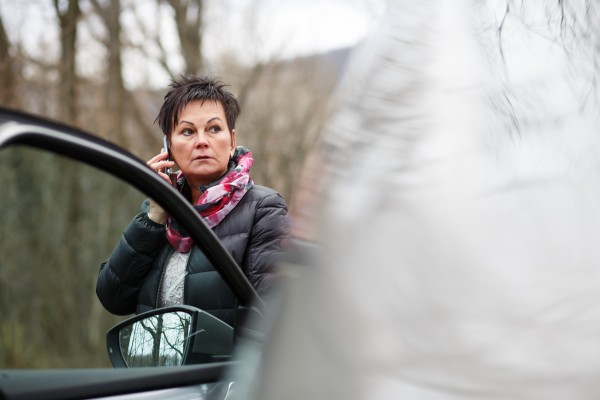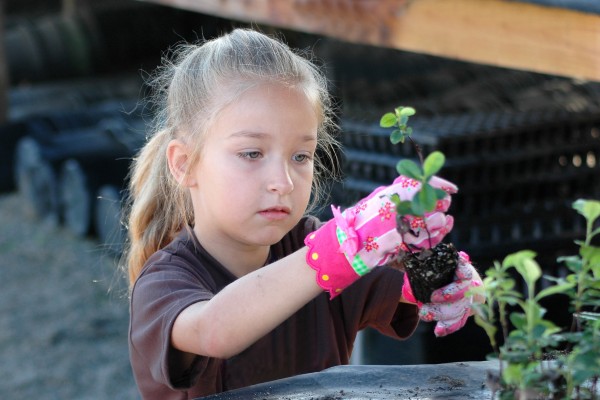We would all benefit from having knowledge about CPS so that, if we ever find ourselves in the unfortunate situation of witnessing abuse or having a child confide in us, we will know what to do to protect him or her.
It’s particularly important to understand the role of Child Protective Services if you are a foster parent who has legal guardianship over a child. Many of these children were removed from their homes by CPS because of abuse or neglect. There is a period of time that the parent(s) is/are given in order to prove their desire to parent their children and dedication to “fixing” the problem. The court may require counseling, therapy, or remaining sober for a period of time. As a foster parent, you are now the legal guardian of the child. You are responsible for his/her well-being. If anything, it’s good to familiarize yourself with the general idea of CPS and why they are helpful.
